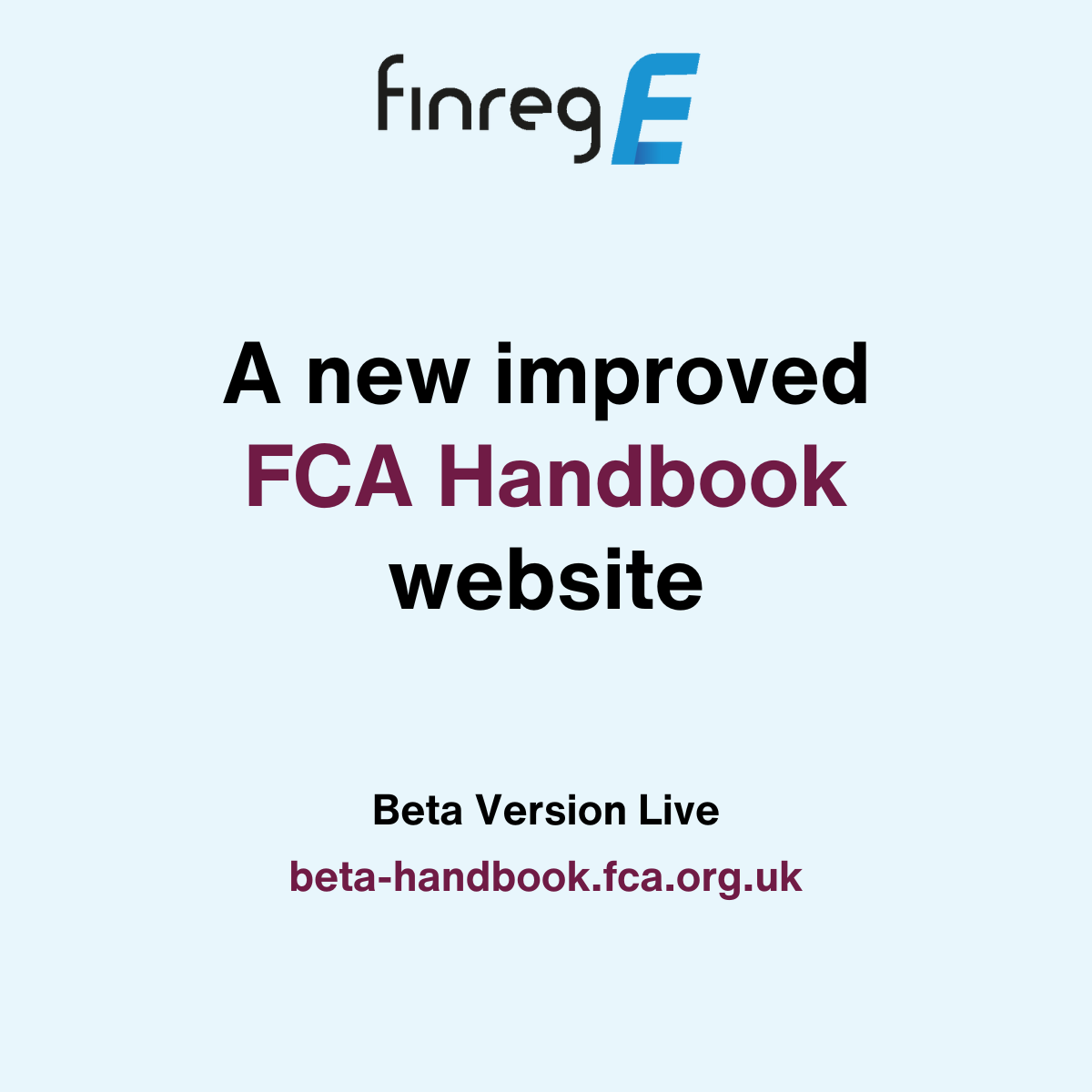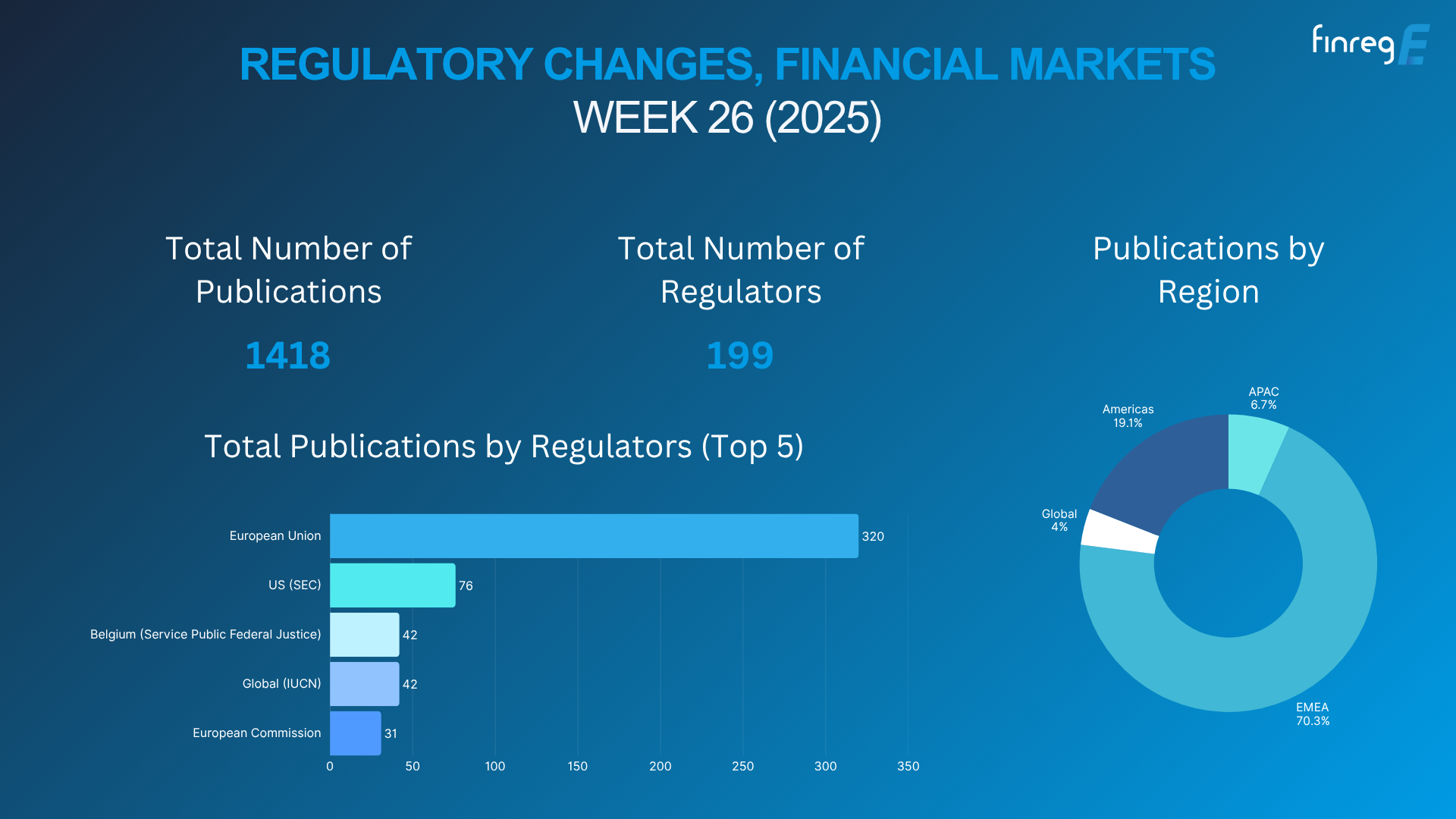Compliance and regulatory reporting are critical components for businesses in today’s complex and heavily regulated landscape. Organisations across various industries must adhere to laws, regulations, and standards set by governing bodies to ensure responsible operations and protect stakeholders from potential harm or financial losses caused by non-compliance.
What is Regulatory Compliance?
Regulatory compliance encompasses the creation of policies, procedures, and systems that minimise the risk of non-compliance. It requires organisations, both public and private, to follow applicable laws and regulations. By implementing a comprehensive regulatory compliance program, businesses can safeguard themselves from legal and financial penalties while building customer trust through responsible operations and corporate governance.
The Role of Compliance and Regulatory Reporting
Regulatory compliance reporting plays a crucial role in providing evidence that businesses are meeting their obligations. This involves documenting processes, procedures, controls, and any changes made over time to ensure compliance. Depending on the jurisdiction and industry, organisations may be required to submit regular reports detailing their efforts to remain compliant. These reports are then reviewed by external auditors or regulatory bodies to evaluate overall risk management strategies.
Understanding Compliance Reports
A compliance report assesses an organisation’s compliance with applicable laws and regulations. These reports typically include descriptions of compliance processes, details about the design and implementation of policies, procedures, and controls, and audit results related to regulatory requirements. They may also provide recommendations for improvement if any issues are identified during the review process.
Industries Subject to Compliance and Regulatory Reporting
Regulatory compliance reporting is essential across a wide range of industries. Sectors such as financial services, healthcare, manufacturing, education, banking, electronics, pharmaceuticals, hospitality, defence, and automotive are particularly heavily regulated due to the potential risks associated with non-compliance. Government entities often require organisations to submit regular compliance reports as part of their oversight responsibilities.
Key Standards and Regulations
Businesses must adhere to various standards and regulations depending on their industry and jurisdiction. Some notable examples include:
– Health Insurance Portability and Accountability Act (HIPAA): Ensuring privacy and security of protected health information.
– Payment Card Industry Data Security Standard (PCI DSS): Establishing minimum requirements for protecting data.
– Sarbanes-Oxley Act (SOX): Setting strict rules for business accounting practices and financial reporting requirements.
– General Data Protection Regulation (GDPR): Protecting personal data privacy and security in the European Union.
– International Organisation for Standardisation (ISO): Developing international standards for industries such as healthcare, finance, and information technology.
– National Institute of Standards and Technology (NIST): Providing industry standards and best practices for managing cybersecurity risks.
– California Consumer Privacy Act (CCPA): Granting consumers control over their personal data collected by businesses.
Benefits of Regulatory Compliance and Reporting
Regulatory compliance and reporting offer numerous advantages for businesses, including:
– Peace of mind: By having comprehensive measures in place, organisations can confidently meet their legal obligations, address potential risks, and address issues promptly.
– Demonstration of integrity: Compliance and reporting allow businesses to showcase their commitment to integrity by protecting customer data, privacy, and providing access to necessary services.
– Risk mitigation: Understanding regulations enables organisations to identify and address potential threats proactively, mitigating operational risks.
– Vendor accountability: By setting clear expectations and requirements, regulatory compliance and reporting ensure that vendors are held accountable for their actions, maintaining high-performance standards.
Partnering with FinregE for Compliance Management
Navigating regulatory compliance and reporting can be challenging, but FinregE is here to support businesses every step of the way. Our expertise and comprehensive suite of solutions can help organisations understand regulations, map out processes, monitor and track changes, and generate comprehensive compliance reports. Book a demo or schedule a consultation with our team of experts today to cover all.





